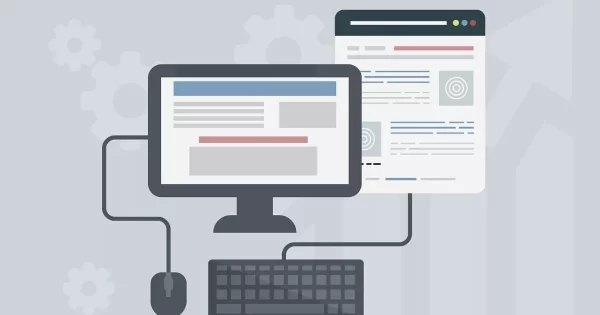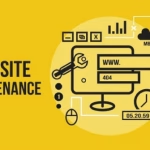A well-organized website maintenance checklist keeps your site running smoothly, informs visitors with fresh content, and improves your search engine ranking.
Here’s how to create one:
Review Website Performance

- Check website loading speed using tools like Google PageSpeed Insights or GTmetrix.
- Ensure that all pages are loading correctly and that there are no broken links.
Security Check
- Scan for malware and viruses using security plugins or online scanners.
- Ensure that your website has SSL/TLS encryption installed and is using HTTPS.
- Review user access and permissions to prevent unauthorized access.
SEO Review

- Check for broken links and fix them to maintain SEO integrity.
- Review meta tags, headings, and alt attributes for images to ensure they are optimized for search engines.
- Update sitemap and robots.txt files if necessary.
Additional Considerations
Plugin and Theme Updates: Schedule regular updates for plugins and themes to maintain compatibility and security.
Accessibility Compliance: Ensure your website adheres to accessibility standards for users with disabilities.
Form Testing: Regularly test website forms to ensure they function correctly and capture user data effectively.
Cross-Browser Compatibility: Verify your website displays well across different web browsers.
Design Review: Conduct periodic design reviews to identify areas for improvement based on user feedback and current trends.
Remember
- Tailor the frequency of tasks to your website’s needs and size.
- Use a project management tool or spreadsheet to track your checklist.
- Schedule these tasks in your calendar to ensure they get done consistently.
By following these steps and customizing them to your specific website, you can create a website maintenance checklist that keeps your site running at its best.
Discover more from Wits Technologies Ltd
Subscribe to get the latest posts sent to your email.





